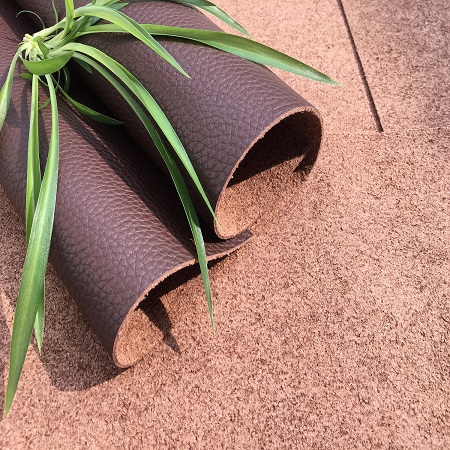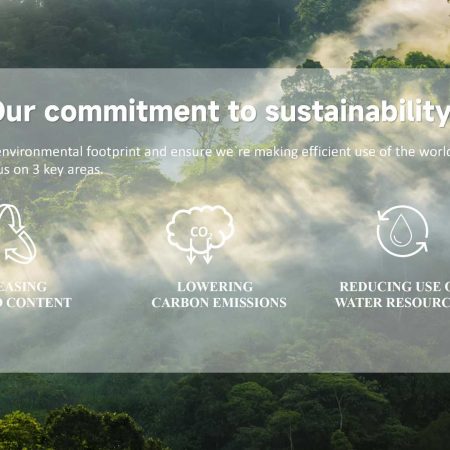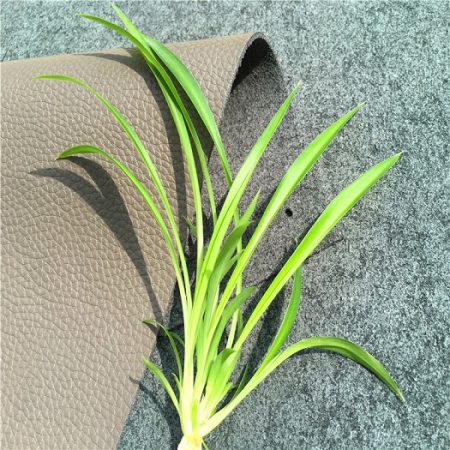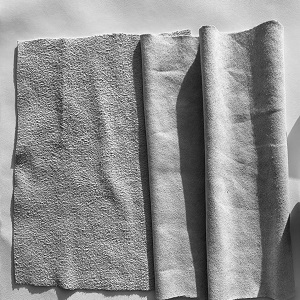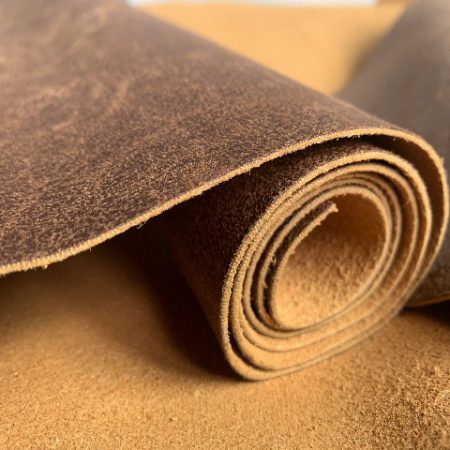What makes recycled leather eco-friendly?
Recycled leather is eco-friendly due to several factors that reduce its environmental impact compared to new leather:
1. Reduction of waste: Recycled leather is made from discarded, worn-out, or leftover leather materials that would otherwise be considered waste. By repurposing these materials, recycled leather helps divert waste from landfills and reduces the need for additional resources to be extracted and processed.
2. Conservation of natural resources: The production of recycled leather requires less new raw material compared to the production of new leather, which in turn helps to preserve natural resources like leather hides. This reduction in resource consumption contributes to a more sustainable use of limited resources.
3. Decreased energy and water use: The process of making recycled leather typically requires less energy and water compared to the production of new leather, as the recycled material already has a significant portion of the processing steps completed. This reduction in energy and water consumption helps to minimize environmental impacts.
4. Chemical reduction: Recycled leather production often involves fewer chemical treatments compared to new leather, which can help to reduce the environmental impacts associated with chemical use and disposal.
5. Circular economy: Recycled leather contributes to a circular economy, where materials are reused and recycled rather than being discarded as waste. This promotes resource efficiency and reduces environmental impacts associated with the extraction, processing, and disposal of materials.
6. Ethical and sustainable sourcing: Some recycled leather suppliers prioritize ethical and sustainable sourcing practices, ensuring that the materials used in their products are derived from responsible and transparent sources. This helps to minimize negative environmental and social impacts throughout the supply chain.
In summary, recycled leather is eco-friendly due to its ability to reduce waste, conserve natural resources, and minimize environmental impacts. The increased adoption of recycled leather in various industries can contribute to a more sustainable future while still providing consumers with high-quality and desirable products.


